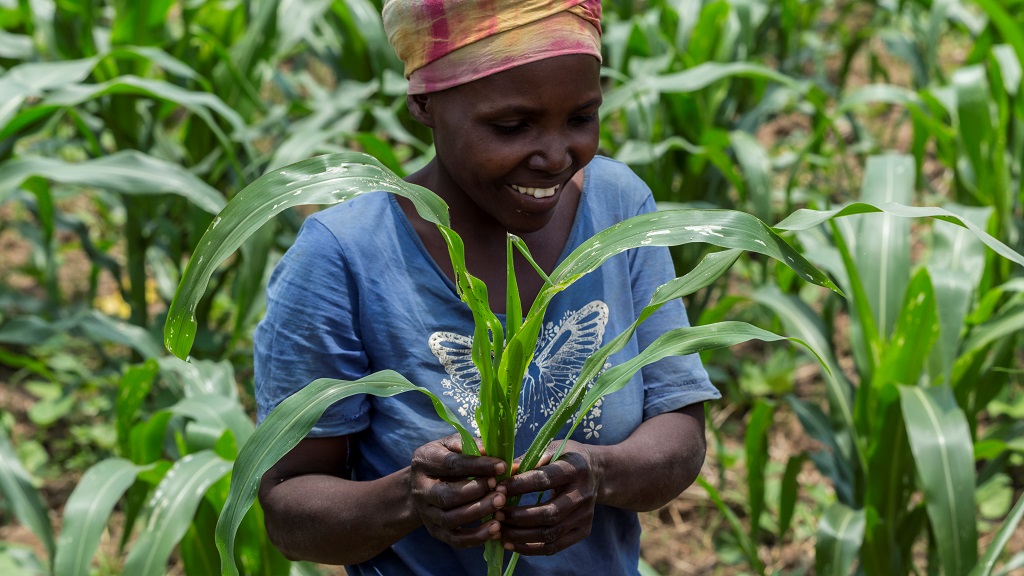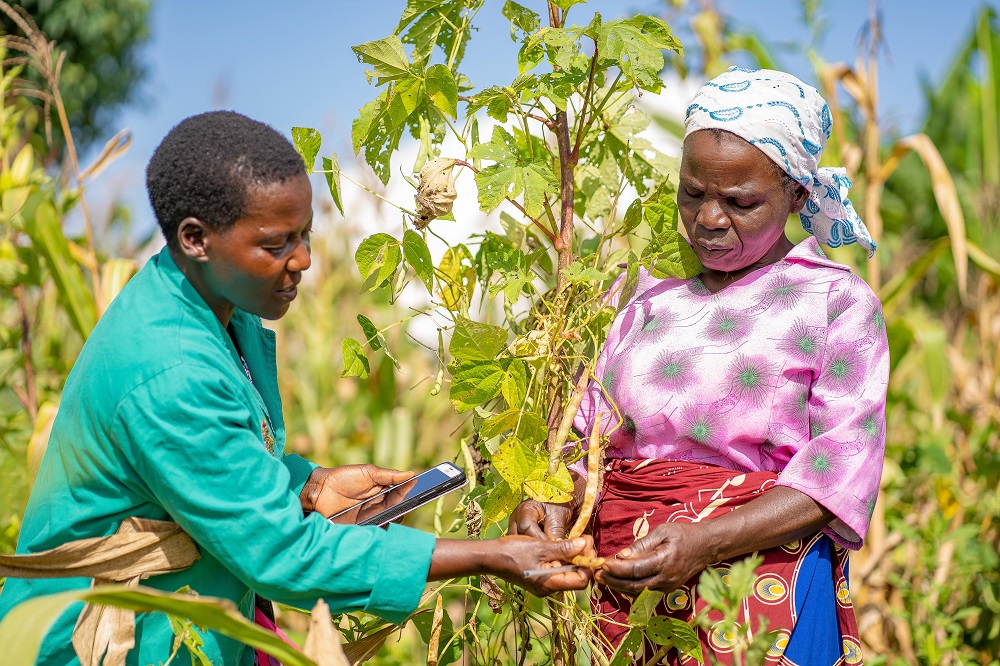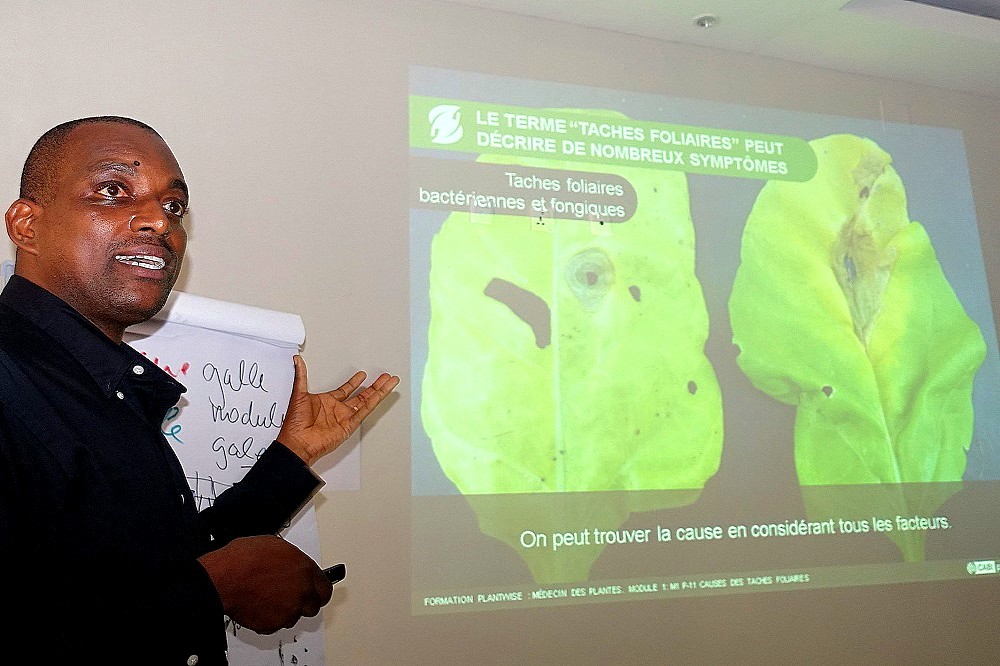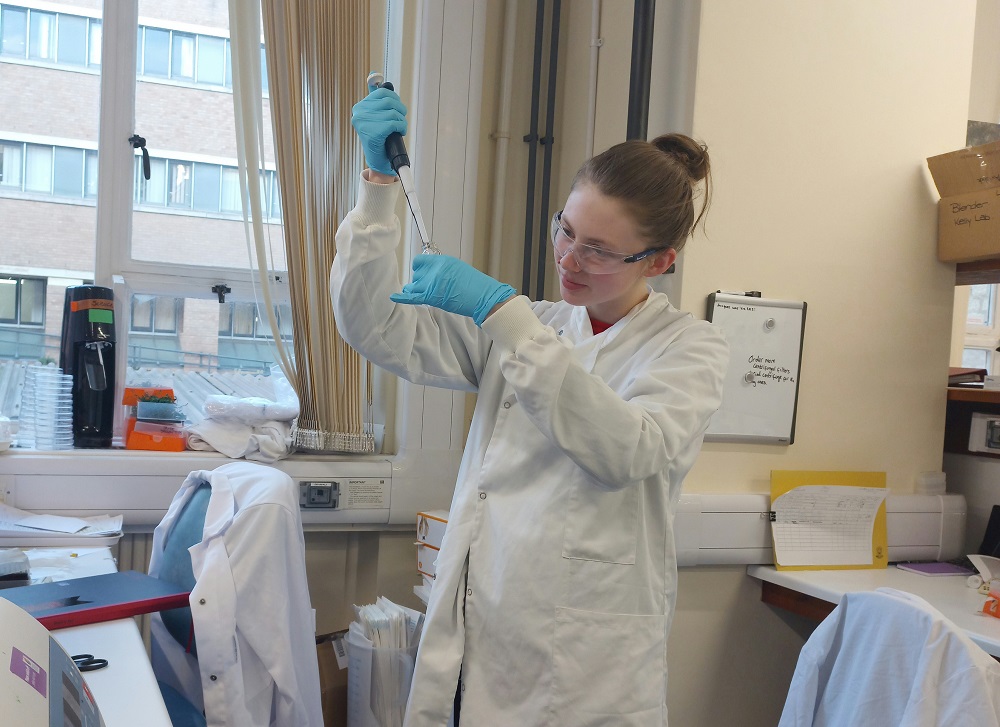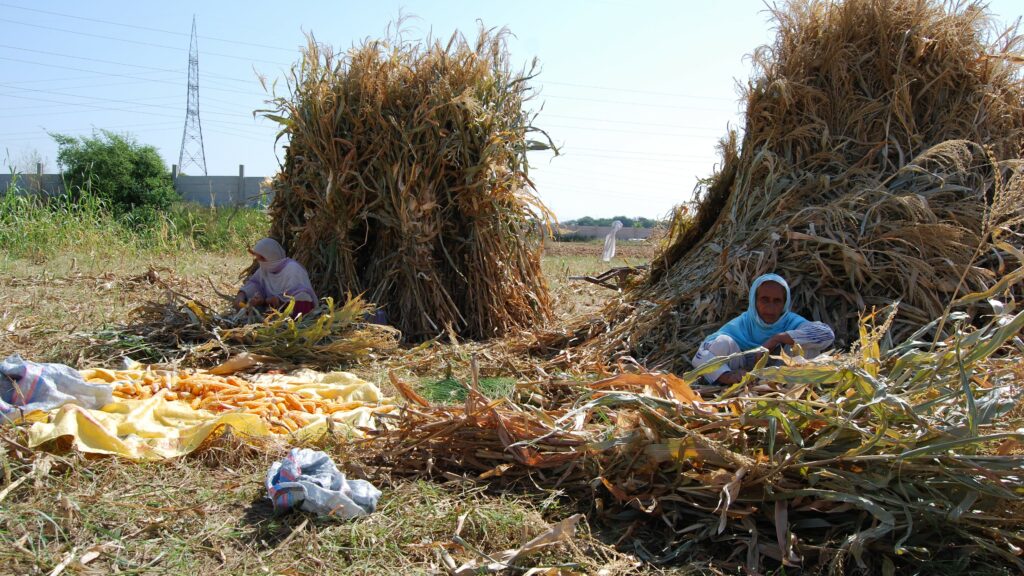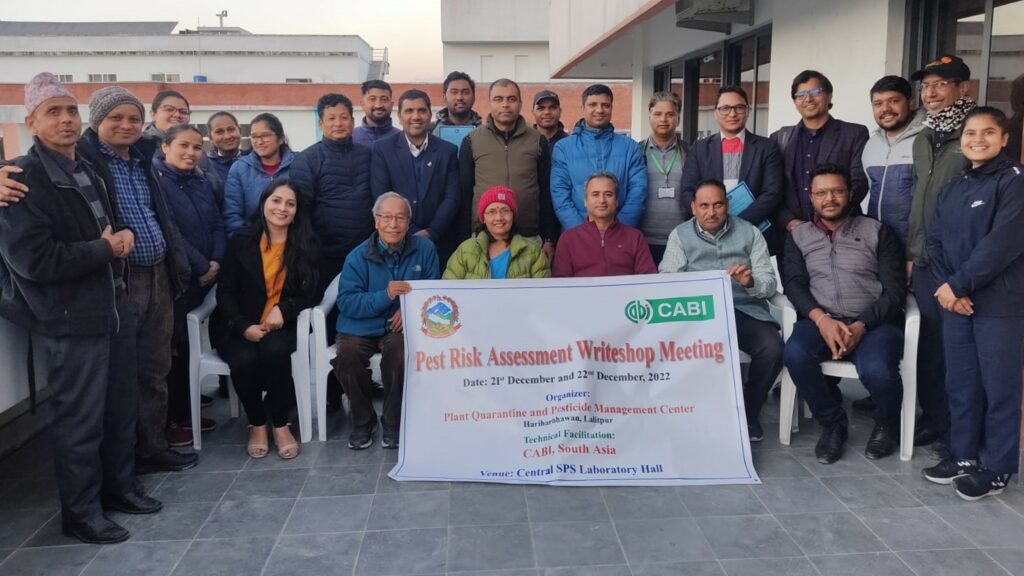How community conversations help to close the gender gap in Burundi
What are community conversations and how are they closing the gender gap in Burundi’s farming sector? The gender gap in agriculture is a big challenge. In low- and middle-income countries, women make up an average of 43% of the agricultural labour force. In Burundi, of all the time spent on agricultural work, women make up…
Embracing equity for women farmers
Women farmers make up around 43% of the agricultural labour force and produce over half of all food grown worldwide. Yet, when you picture a farmer, are they a woman? This year’s International Women’s Day theme is ‘embrace equity’ and its aim is to get the world talking about why equal opportunities aren’t enough. People…
Working with Papua New Guinea to safeguard crop production
Papua New Guinea (PNG) relies on agriculture for income. But a host of plant health problems could put its valuable commodity crops at risk. Protecting high-value crops like cocoa and coffee is essential for safeguarding the country’s future. Agriculture is big business in PNG. It provides 22% of the nation’s Gross Domestic Product (GDP) and…
The continuing struggle for onion farmers in the Philippines
Since mid-2022, the price of the humble red onion has been increasing in the Philippines. In December of last year, the price surged to around 700 pesos ($12.80; £10.40) per kilogram. Making onions more expensive than the equivalent amount of beef for Filipinos. A staple of Philippine cooking, the country consumes approximately 17,000 metric tons…
Crop-Livestock clinics in Uganda – One Health in practice
One Health approach to crop and livestock care in Uganda benefits hundreds of farmers The pandemic fundamentally changed the way we see health. Strong evidence points to COVID-19 originating in bats, and that connection has made us re-think the link between animal and human health. Moreover, the threat of climate change and pollution is forcing…
Women farmers in Pakistan aren’t realising their potential – here’s why
Women farmers in Pakistan are finding it difficult to access agricultural support. The needs of male farmers dominate most advisory services and socio-cultural set up due to restricted mobility of women farmers. This is a challenge in many low- and middle-income countries. And it contributes to a gender gap in agricultural productivity. Women-managed farms are…
Update: New Pest & Disease Records (12 January 2022)
We’ve selected a few of the latest new geographic, host and species records for plant pests and diseases from CAB Abstracts. Records this month include the first report of Sclerotinia sclerotiorum on Atractylodes lancea in China and the first report of carrot torrado virus 1 (CaTV1) naturally infecting carrots in Spain.

